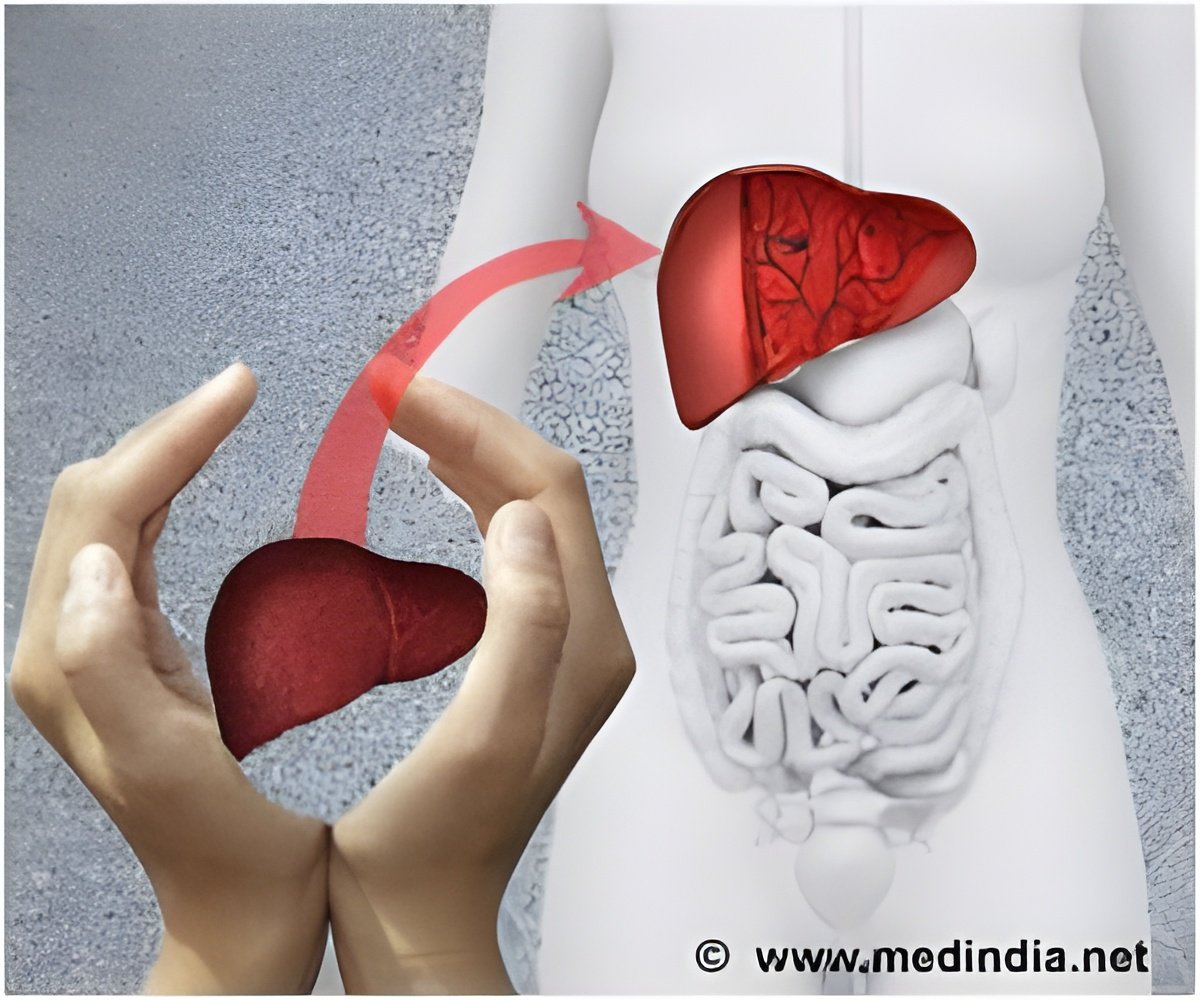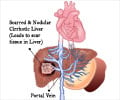
"Donor-related risks such as disease transmission and graft failure are weighed against the patient's risk of remaining on the waiting list," explains Dr. Robert Porte from the University Medical Center Groningen in The Netherlands. "While active patient decision making and donor-specific risk have been discussed in the medical literature, our study is the first to report the opinions of liver patients on these issues."
For the present study the team surveyed 40 liver transplant candidates and 179 patients who received liver transplants at the University Medical Center between 2000 and 2010. The study group was primarily middle-aged, Dutch men. Between 60% and 75% of the patients wanted to be informed of donor-related risk, with 53% of the group preferring to be informed of these risks at the time of organ offer. Of these patients, 80% wanted to be involved in deciding to accept the organ or not, 11% wished to make the final decision alone and 10% did not want to be involved in the decision-making process.
"Our findings clearly show that the majority of transplant candidates would like to be involved in the decision-making process," concludes Dr. Porte. "Implementing this knowledge and standardizing the content, the manner of transfer and the amount of information we provide to our patients at the different time points along the transplant allocation process will be important to provide the same opportunities and care to every patient on the waiting list."
Source-Eurekalert













